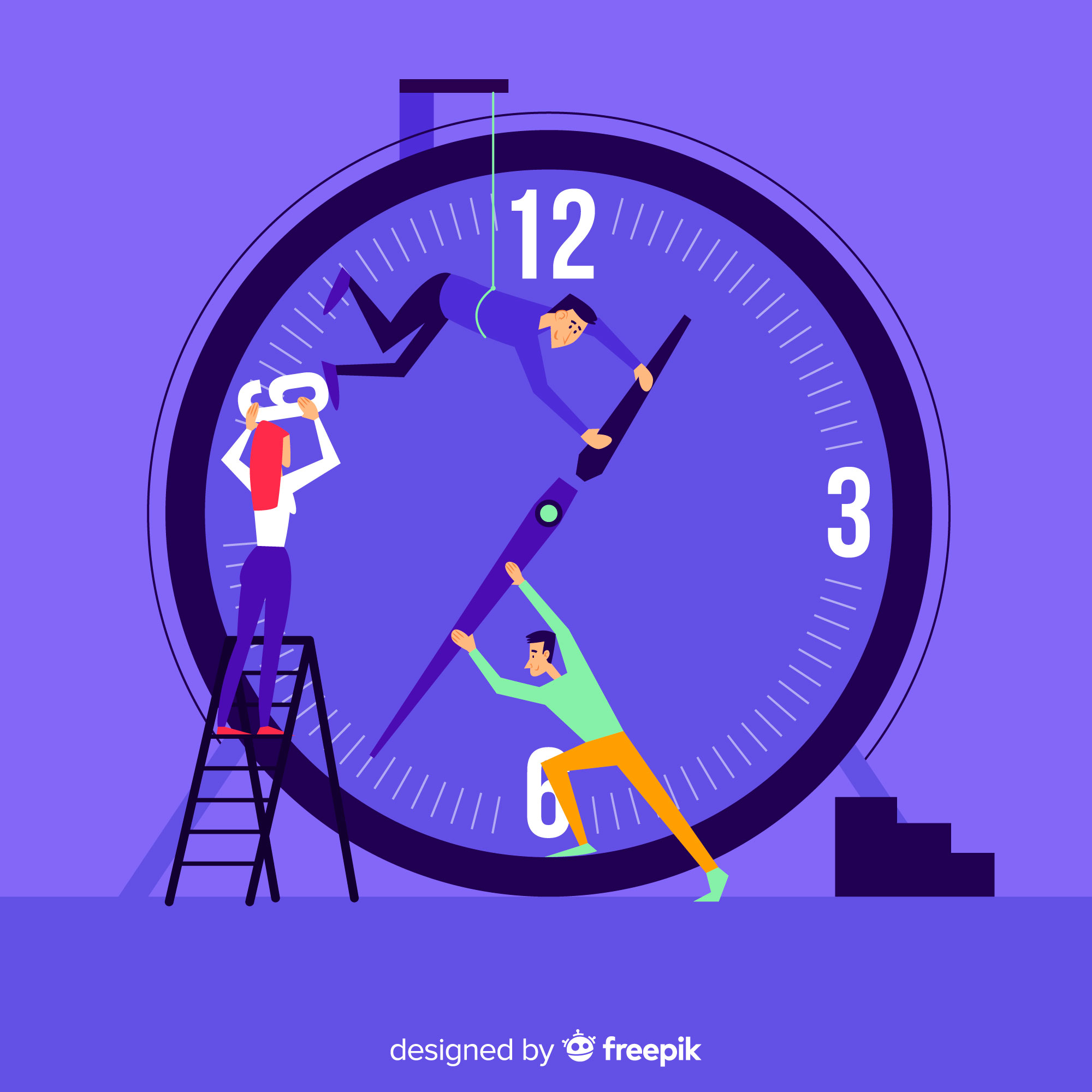Understanding Work-Life Balance
At its core, work-life balance is often perceived as the ability to avoid overtime, maintain specific days and hours off, and carve out time for activities outside of work. By this definition, if we work 40 hours a week, have two days off, and limit our workday to eight hours, we might consider ourselves to have a healthy work-life balance. However, how many of us can truly switch off from work once we close our laptops or leave the office? How many of us manage to keep work-related stress from spilling over into our daily lives and interactions?
A Case Study: John’s Experience
Let’s consider the following scenario:John has a meeting with his supervisor to discuss his performance and upcoming tasks. Unfortunately, he leaves the meeting feeling dissatisfied with his performance review and overwhelmed by the demanding tasks assigned to him. He didn’t have the opportunity to voice his concerns about these tasks and was instructed to adopt new work methods that feel inconvenient. As a result, John walks away feeling frustrated about his day and anxious about future changes.Regardless of John’s actual performance or his supervisor’s interpersonal skills, one thing is clear: John is unhappy.After his shift ends, John returns home. When his partner asks about his day, he spends half an hour venting about all the negative experiences at work. Stressed and unable to unwind, he decides to cancel his plans for the evening because he simply doesn’t feel up to it.
Redefining Work-Life Balance
So, what does work-life balance truly mean? Is it merely about the time we spend in front of screens, or does it also encompass the mental impact of work-related issues on our lives? We don’t need to determine who was right or wrong in that meeting; what matters is that John’s experience at work negatively affected his time off. In this instance, there is no true work-life balance. If you find yourself snapping at your child because a colleague upset you, isolating yourself due to work stress, or spending time discussing your demanding job with your mother instead of enjoying your life, then it’s clear that your job is occupying too much mental space. This kind of impact on your behavior and emotions after working hours indicates a lack of work-life balance.

